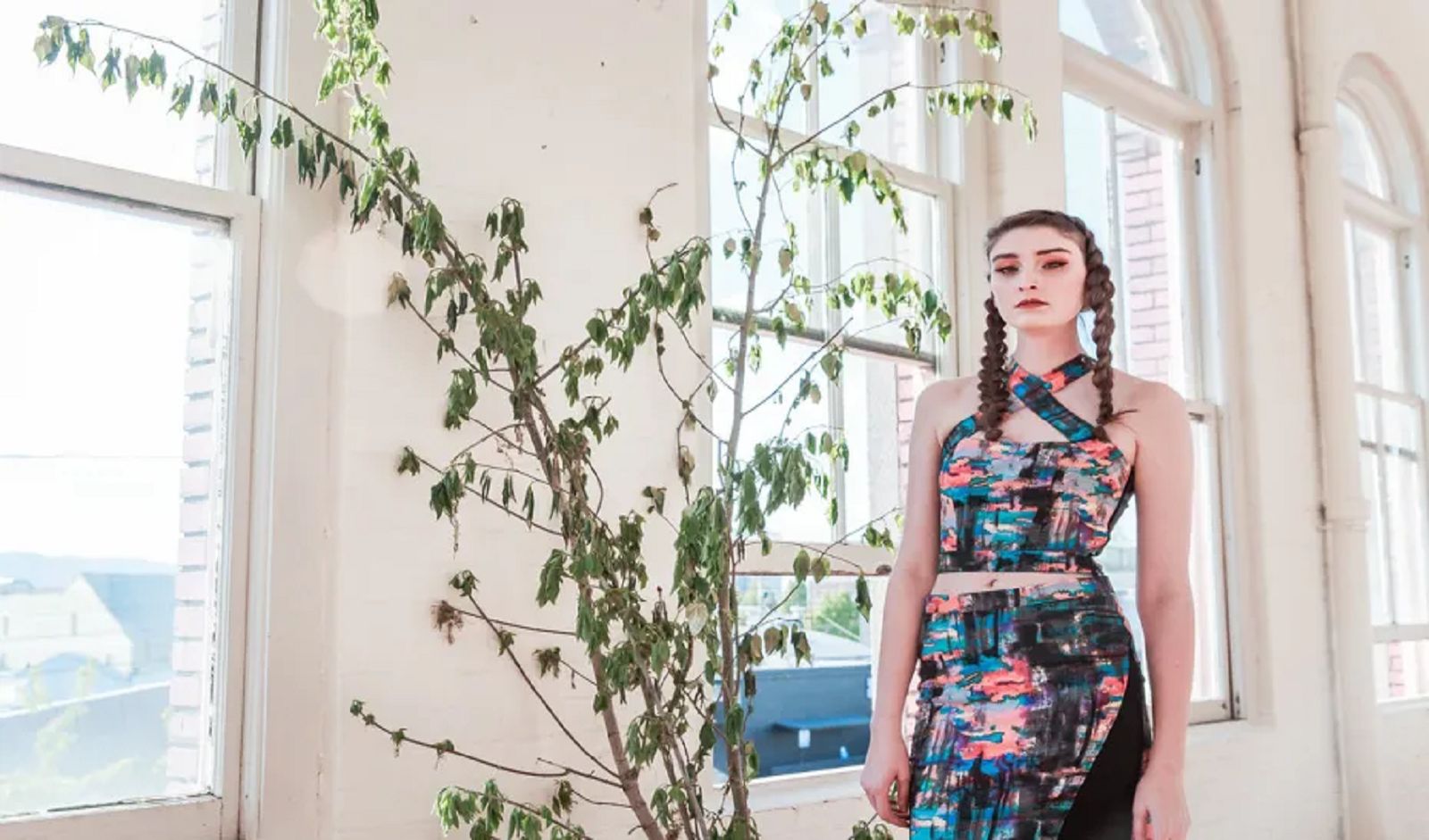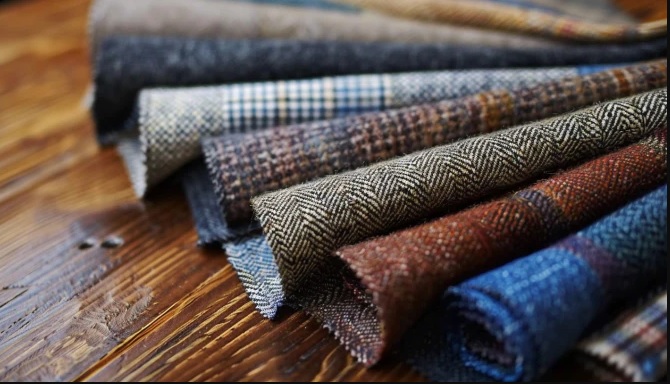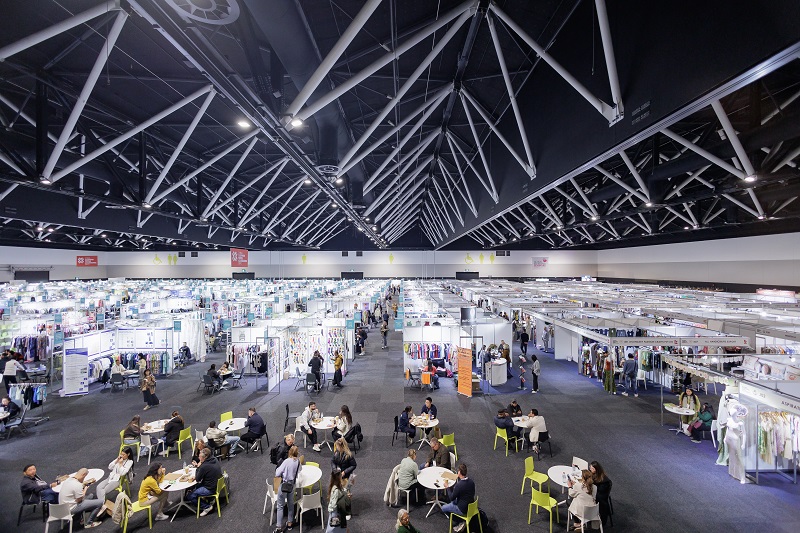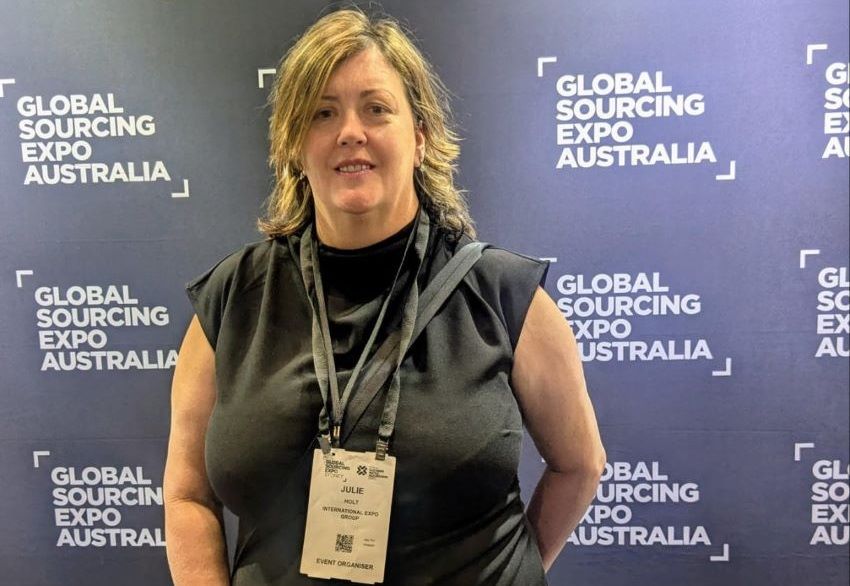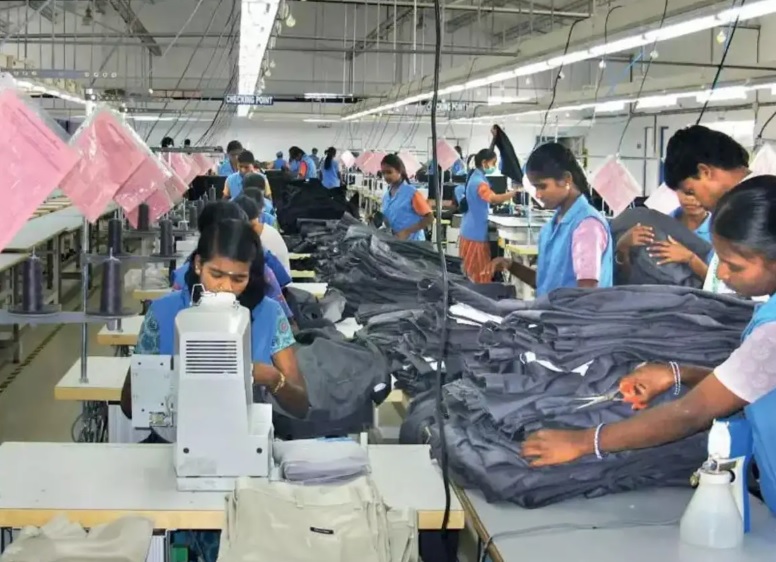FW
Bangladesh will crack down on illegal units and streamline the readymade garment sector. Textile and garment factories have to get themselves registered. Violations will attract a prison term or a fine while factories have to renew their license every three years. The Directorate of Textiles will be an effective sponsoring authority for the RMG sector. The directorate has the authority to inspect factories at any time and factories would be bound to provide documents. The textile directorate will establish a database of industries based on the information provided by the factories.
However, knitwear manufacturers and exporters say it would not be pragmatic to renew licenses of factories every three years as the industry does not comprise trading companies. The period for renewal of license for factories should be 10 years instead of three years, they say. Factory owners have expressed reservation over the registration clause. They say it should be applicable to new establishments and the license for existing factories should be renewed based on the previous license of the Board of Investment.
Manufacturers have also demanded scrapping the provision of recommendation to the customs authorities regarding release of imported capital machineries and indemnity bond.
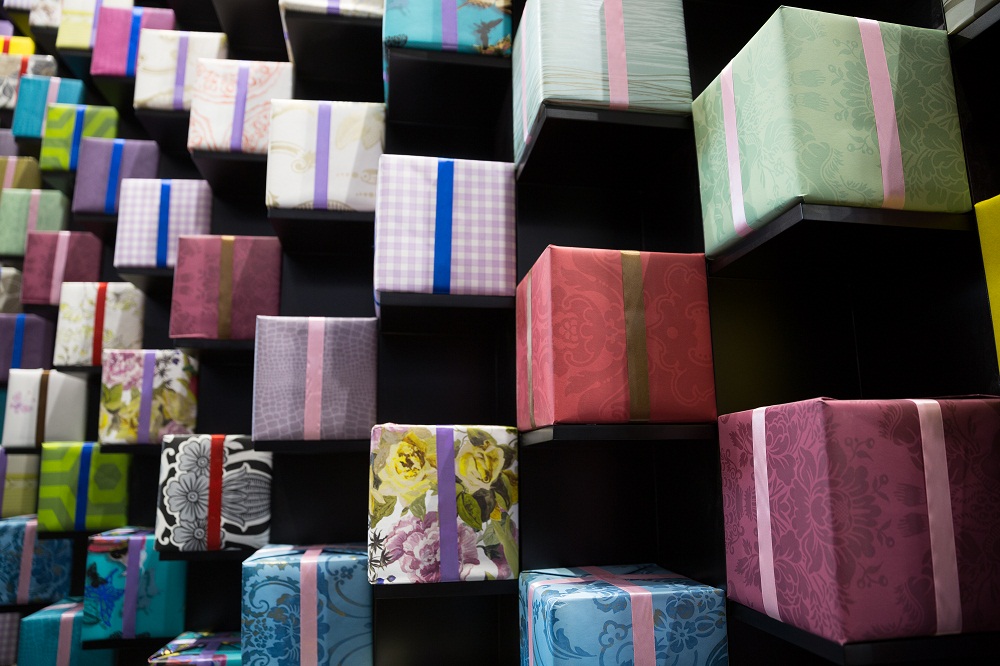
Asia's premier fair for home textiles, Intertextile Shanghai Home Textiles-Autumn Edition 2015, concluded last week, with over 43,000 trade buyers visiting the fair. It was held for the first time at the National Exhibition and Convention Center in Shanghai, spread across 170,520 sq. mt.
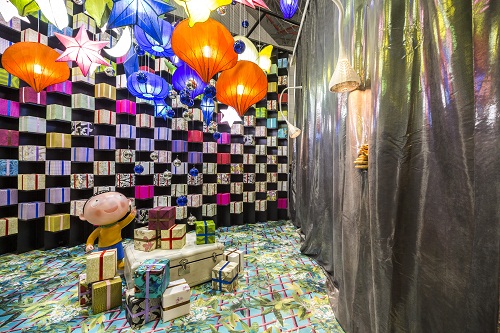
Exhibitors and visitors were satisfied with hall layout and arrangements. The high point was there were 1,402 exhibitors from 30 countries and regions, compared to 1,334 in 2014, the highest in 21-years history of the fair. Nearly 30 Indian participants including DDe'cor, Dicitex Furnishing, G M Syntex, Shingora Home among others made quite an impact at the fair. Handloom Export Promotion Council (HEPC) had 10 participants at their India Pavilion. And Lakshmi Narayan, Superintendent, HEPC expressed his satisfaction over Indian participation in the show.
“We’re delighted that our first edition in this new venue was such a success,” opined Wendy Wen, Senior General Manager of Messe Frankfurt (HK), adding, “But going beyond record figures, there were a number of other aspects that were just as pleasing such as the increase in internationality of participants, and the number of first-time overseas exhibitors who were seeking opportunities in the Asian market. We also had a number of new product zones, as well as returning ones, which proved extremely popular, while our new InterDesign programme attracted huge crowds to the trend area, Trend Concept Show and seminars.”
Optimistic about China’s prospects
The fair took place against the backdrop of economic uncertainty in China. However, this did not dampen the enthusiasm of both new and returning overseas exhibitors that target the Chinese mid-range and high-end markets. New exhibitors from Turkey and Korea too shared this sentiment. Many said they do not expect to be adversely affected. “We don’t anticipate any impact on our sales due to the economic situation in China,” argued José Grilo, Executive Manager of Grilo Kitchenware, exhibiting for the first time under the Associacao Textiles Home From Portugal banner. “People here still have money to spend, and we’re in the premium range, not the mass market, which hasn’t been affected. Buyers here appreciate European brands too,” he added. However, Hubert Duh, Executive Director, Messe Frankfurt ( HK) observed, “Yuan may take little longer to recover and in the short term, it may have some impact on global business as well.”
In recent years, the fair has placed emphasis on providing opportunities for exhibitors that match market demand through relevant product zones, with the new Whole-Home Style and digital printing areas joining the existing Exquisite Europe, Intertextile Design Boutique, editors and carpet & rug zones this year.
Buyers also appreciated the zones, as well as the internationality of the fair. “It’s very beneficial for us to visit the fair as it gathers suppliers from around the world. The International Hall is our favourite as having the different product zones and country pavilions makes it easier for us to locate our targeted suppliers and products,” David Costantini, Director, Profile Fabrics, Australia said.
InterDesign trend programme, a hit with visitors
The fair’s fringe programs responded positively to the demands of local market. The new InterDesign program was introduced to fulfil the growing need for design and trend information from middle and upper classes of China. In addition to the Trend Area, which was designed by the NellyRodi Agency, a new Trend Concept Show matched China’s top interior designers with eight leading brands including LaCanTouch, Brilliant & Refined, Designers Guild, Uniwal, Jean Paul Gaultier, Pt, Dedar and JAB Anstoetz to bring the trends in the Trend Area to life.
The next Autumn edition will take place from August 24 to 26, 2016, while the Spring edition returns next year from March 16 to 18, 2016.
Rajya Sabha MP & J&K Prabhari Avinash Rai Khanna have floated a proposal about setting up a pashmina processing unit in Ladakh. Kalraj Mishra, Union Minister of Micro, Small & Medium Enterprises, has conveyed the details regarding this on behalf of the Union government. The Prime Minister had, during his visit to Ladakh, announced a ‘Pashmina Promotion Plan’ for the benefit and development of the poor and nomadic Scheduled Tribe community of this region. This was conveyed officially in the reply. The Textile Ministry has allotted 30 crore rupees for this in the Union Budget of 2014-15.
Moreover, in the SFT meeting that was held later, it approved Rs 19.35 crores for Pashmina Dehairing Plant at Leh; Rs 156 lakh for setting up of Facilitation Centre and Fiber Testing Centre; Rs 200 lakh for provision of Guard Room with residence/shelters numbering 100 units for nomadic of Chungthang, and several other allotments of the kind.
The government has already released Rs 7.19 crore to ensure that the Ladakh Hill Development Council is able to briskly and effectively carry forward the programme of Pashmina Development and Promotion in the region. Besides, more funds, if necessary, have also been promised by the concerned ministry, during the current financial year on receiving the request from the J&K government.
Tamil Nadu's textile sector will get a boost from a series of schemes and programs announced by chief minister J Jayalalitha. This state will extend financial support of up to Rs 2.50 crore to entrepreneurs who come forward to set up integrated textile parks. A State Textiles Consultative Committee would strive to aid the growth of the industry and strengthen hand and power loom, yarn and apparel.
A special 15 per cent discount for silk clothing would be given to further drive sales and bring down inventory with cooperative weavers’ societies and it would entail an additional expenditure of Rs 10 crores.
The state would set up a consultative panel to achieve integrated development. Tamil Nadu has also announced schemes with a subsidy support to the tune of Rs 22.55 crores, including a project to cultivate high yielding mulberry varieties in 5,000 acres by giving a subsidy of Rs 5.25 crores. Under the Centre’s scheme for integrated textile parks, 14 textile parks have been allocated for the state. Also, under the scheme for integrated textile processing development of the center, the state government would give financial support up to 25 per cent in the project estimate for textile industries.
India's overall exports of cotton textiles declined 0.1 per cent last fiscal. However, exports of cotton fabrics and made-ups registered 11 per cent and five per cent growth respectively. A steady growth in export of cotton fabrics and made-ups is expected to help the industry even as cotton textile shipments remain sluggish. Higher exports of value added products in the long run will lead to greater employment and higher level of investments.
The emergence of mega trade agreements by the US and the European Union among themselves and other key trading partners such as Korea, Vietnam and Japan poses fresh challenges for India. It would be in the best interest of the country to take an integrated approach rather than an ad hoc decision while negotiating new free trade agreements or re-negotiating old ones.
Given the country’s infrastructural drawbacks, un-rebated taxes on exports, high cost of inputs and preferential benefits given to competitors, the textile and clothing industry in India wants export concession from the government for a few more years. It wants an ensured supply of raw materials at par or below international prices. It wants the technology upgradation fund (TUF) to be reactivated and cotton yarn to be included in the Merchandise Export from India scheme.
Sangam India's revenues were down but earnings were above CRISIL Research’s expectations. Revenues declined 2 percent year-on-year to Rs 3.7 billion primarily because of 11percent year-on-year decline in yarn sales. Denim sales increased 20 percent and PV fabric sales increased 6 percent.
EBITDA margins expanded by 330 bps and 40 bps quarter-on-quarter to 16.9 percent driven by a profitable product mix and improvement in denim margins due to subdued cotton prices. Adjusted PAT increased 52 percent to Rs 172 million. Production at the new garments production unit has begun and is running at 20-30 percent utilisation. The segment expects to add Rs 500-600 million revenues in FY16.
CRISIL views it as incrementally positive and has maintained a fundamental grade of 3/5. It has raised EPS estimates and fair value and FY16 and FY17 EPS estimates from Rs 19.3 and Rs 23.7 to Rs 21.2 and Rs 25.4 on the back of higher EBITDA margin estimates. It has lowered cost of equity from 17.8 percent to 17.4 percent due to improved stock liquidity. As a result, CRISIL’s fair value has increased from Rs 115 per share to Rs 220. At the current market price of Rs 225, its valuation grade is 3/5.

Overcoming impediments
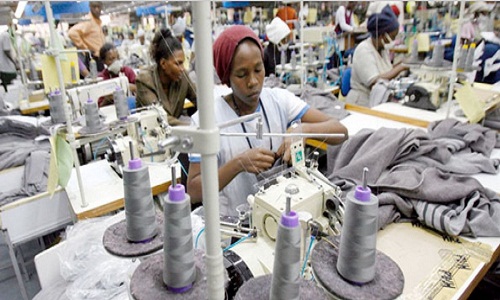
Yet, there are many hurdles that need to be overcome as African manufacturing is at present a blip on the radar compared to China. It will be a long time before a major upheaval takes place. After all catch-up growth takes a while to take off. There are many hurdles on its growth path, such as lack of basic infrastructure. Then, there is armed conflict and corruption, to overcome. Many Asian countries though, have grown rapidly without strict measures of corruption control. Economically, what’s more important is that destinations provide reliable electric power and a convenient location for the container ship to dock.
Finally, the million-dollar question is whether manufacturing jobs should be taken to Africa by profit-seeking companies, where such low wages are offered. An unequivocal answer would be a ‘yes’ as the perception is that moving jobs to anywhere in Africa is beneficial for their impoverished population.
A $21-a-month manufacturing job is certainly an improvement, but there are alternatives too, such as raising the garments factory workers’ initial wages. However, such measures mean adding cost to employing workers there. Manufacturers would look at Africa as an option, only if the wage difference was high compared to other countries.
An improvement for African workers may act as a step towards bigger improvements. As the economy strengthens, garment factories would move from country to country, until every country has become industrialised to the point where nobody anywhere is working for $21 a month. Such jobs provide an above-average standard of living. The more Africa’s economy grows, the more the rise in people’s wages. This would be possible if Africa achieves the same level of growth as Asia has done in the past 70 years.
The duty on Pakistani products, mainly textiles will be slashed by 50 per cent (from 10 to 5 per cent), by Australia. This is in response to rigorous efforts of the current government, especially the Commerce Ministry. Engineer Khurram Dastgir Khan, Commerce Minister disclosed this recently after a meeting with the Australian High Commissioner. Khan said the textile, clothing and footwear industry of Pakistan will be a beneficiary of reduced duty by the Australian Government. Duty has been slashed on 226 tariff lines out of which only eight are non-textile products and the remaining 218 are related to the textile sector, and 63 are home textiles.
The minister also stated that the Commerce Ministry would be chalking out a plan that is aimed at facilitating the Pakistani textile sector entrepreneurs with Australian buyers. Besides, reviewing the current state of bilateral trade relationship, an Australian trade mission would be visiting the country in October 2015. The Commerce Ministry gets a lot of support from Australia, especially through the World Bank on regional connectively issues. Khan added that they have requested Australia to also include Iran in the regional connectivity agenda and Australia was positive about it.
Invista and Aurizon Ultrasonics are cooperating on a new joint development project. Invista is a producer of polymers and fibers, and owner of the Lycra brand. Aurizon is a supplier of ultrasonic processing equipment to the hygiene industry. The project will focus on the collective development of novel ultrasonic bonding equipment and novel stretch fibers for the construction of stretch laminates without the use of hot melt elastic attachment adhesives. It’s hoped this will allow hygiene producers to improve product fit and comfort without the cost and complexity of glue.
Invista is the market leader in stretch fibers and the collaboration hopes to bring to the hygiene market the next generation stretch materials, leverage the strengths of both companies and accelerate the development of new materials and processes for customers. Aurizon’s current technology to ultrasonically secure elastics in nonwovens without the need for adhesives can enable lower material costs, increased operational efficiency, and improved product comfort and performance.
The collaboration hopes to discover the potential synergy between Invista’s new fiber innovations and Aurizon’s high speed rotary ultrasonic bonding technology. The two partners hope innovations in diaper design and cost reduction will result from this joint effort.
www.invista.com/, www.aurizon.com.au/
Hennes and Mauritz (H&M) is scaling up its fair living wage efforts with plans to add all of its strategic suppliers by 2018. The Swedish apparel giant is updating its purchasing practices to support those suppliers. H&M launched its fair wage method in 2013, with pilots in a few role model factories. The initiative is aimed at driving wage improvements through a sustainable pay structure, wage levels and wage adjustments, and through enhanced communication and social dialogue with suppliers. The strategy is showing progress and will now be scaled up to more markets and suppliers.
As a part of this strategy, H&M is updating its purchasing practices to support its suppliers in implementing fair living wages. The overall goal is to make it easier for suppliers to plan their capacity and thereby reduce production peaks and overtime. The company feels its purchasing practices should always provide reasonable lead times, fair pricing, timely payments and transparent communication. H&M is finalising tailor-made projects for industrial relations projects in Myanmar and Ethiopia.
In Bangladesh, H&M is hoping to get all of its supplier factories covered by its social dialogue program by the close of 2018. At present 88 factories are participating, 43 have elected participation committees, and the 580 committee worker representatives who have received training are now representing 108,303 workers.
www.hm.com/


